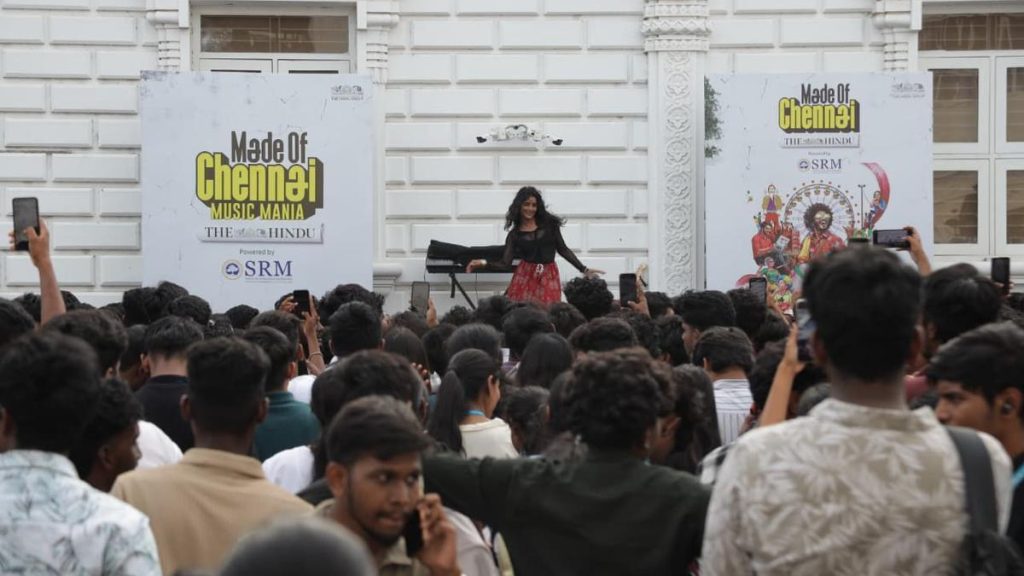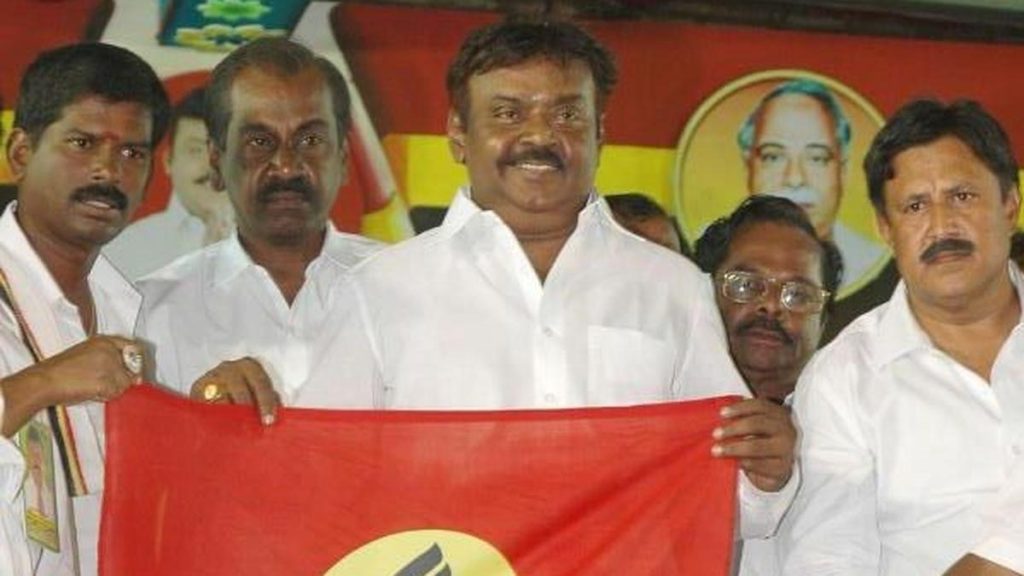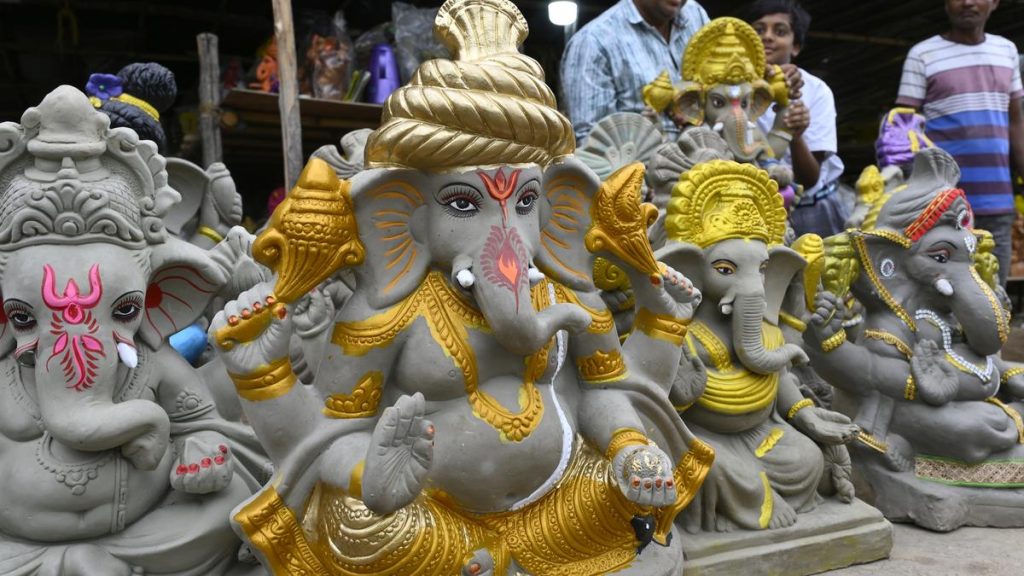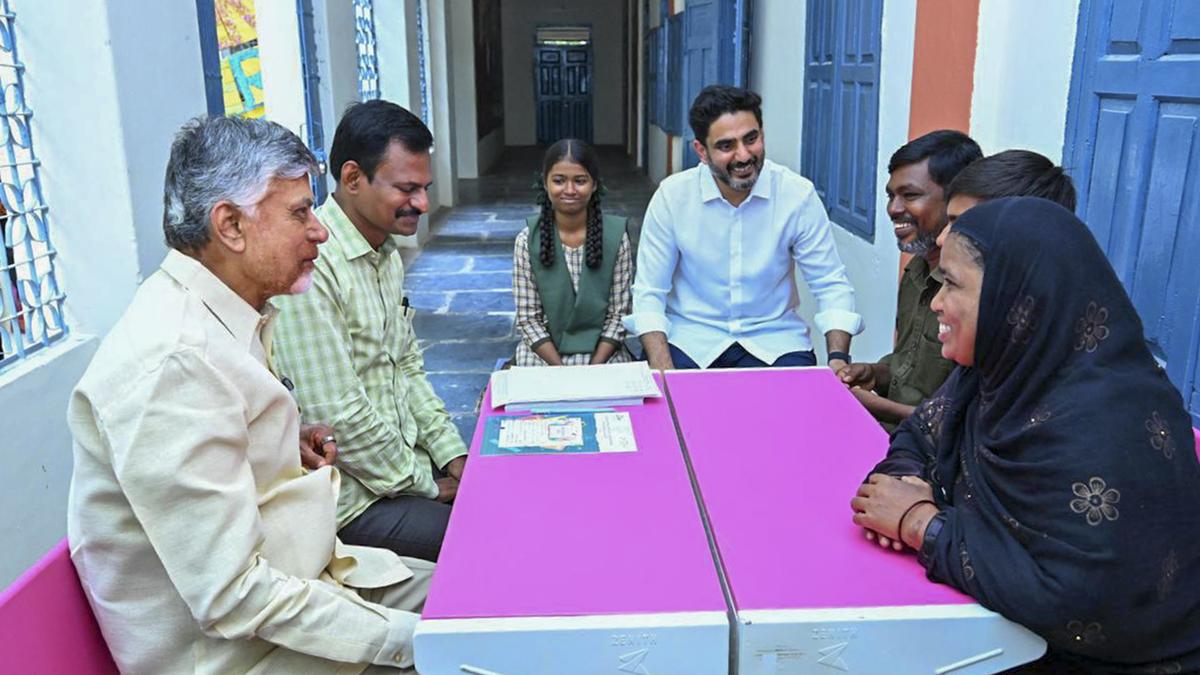Now Reading: Kimmane Ratnakar Questions BJP Leaders’ Commitment to Constitution
-
01
Kimmane Ratnakar Questions BJP Leaders’ Commitment to Constitution
Kimmane Ratnakar Questions BJP Leaders’ Commitment to Constitution

Speedy Summary:
- Congress leader Kimmane Ratnakar’s Critique: Former Minister adn Congress leader Kimmane Ratnakar questioned BJP leaders’ allegiance to the Indian Constitution, citing their devotion to M.S. Golwalkar’s book Bunch of Thoughts during a press conference in Shivamogga.
- Contradictions with Constitutional Principles: Mr. Ratnakar argued that Golwalkar’s ideas, such as favoring a unitary state over federalism and hierarchical depiction of varnas (social classifications), contradict the principles of the Indian Constitution.
- Challenge on Amit Shah’s Statement: He linked Home Minister Amit Shah’s comment on English speakers feeling ashamed to Golwalkar’s advocacy for prioritizing Hindi over other languages.
- RSS Views on Preamble Language: Mr.Ratnakar demanded BJP clarification on RSS leader Dattatreya Hosabale’s call to remove “socialist” and “secular” from the Constitution’s Preamble, while highlighting socialism and secularism in BJP’s constitution documentation.
- Presence of Congress Members: The press conference also featured District Congress Committee president R. Prasanna Kumar, party spokesperson Ramesh Hegde, and others.
Indian Opinion Analysis:
Critical questions regarding ideological alignment between political parties’ policy positions and constitutional values often stir debates about governance models in India. Kimmane Ratnakar’s commentary raises significant concerns about interpretations surrounding M.S. Golwalkar’s writings versus constitutional adherence-a topic likely to resonate deeply given India’s emphasis on democratic processes rooted in pluralistic ideals.
The challenge posed by linking historical figures’ thoughts like that of Golwalkar with contemporary political rhetoric invites scrutiny toward uniformity versus diversity within India’s socio-political frameworks-whether through language prioritization or federal-state relations. While disagreement among ideological standpoints is not uncommon in democracy, transparent clarification from involved stakeholders (e.g., BJP leaders) could help sustain public trust.
This dialogue illuminates broader implications for mutual balancing between cultural roots versus forward-looking egalitarian policies grounded solidly in constitutional principles-an ongoing developmental conversation for India.
Read More: Original Article Link























